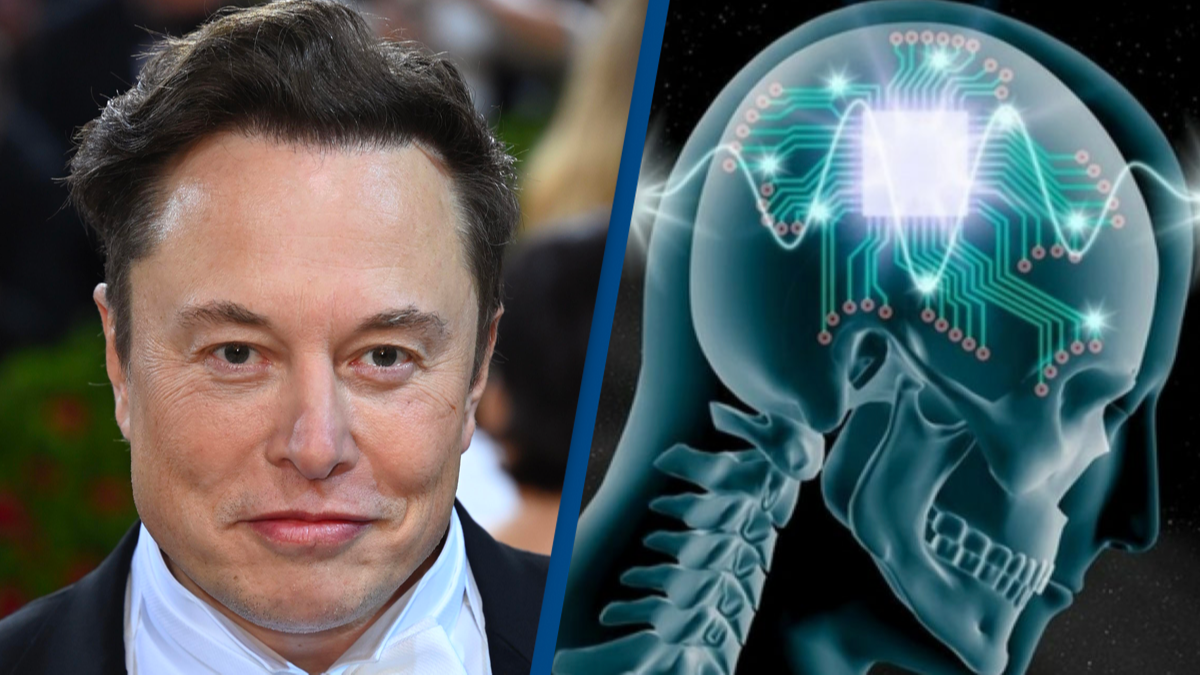Elon Musk's Brain Chip Neuralink N1: A Step Closer to Human Implantation?

Elon Musk is a visionary entrepreneur known for pushing the boundaries of technology with his ambitious projects. One such project that has garnered significant attention is Neuralink, a brain-computer interface company founded by Musk in 2016. Neuralink's latest creation, the Neuralink N1 brain chip, has been making headlines due to its potential to revolutionize the way we interact with technology. While the device has been successfully tested on animals like pigs and monkeys, the question remains: is it ready for human implantation?
Neuralink's ultimate goal is to develop a brain-machine interface that can seamlessly integrate with the human brain, opening up a world of possibilities for medical advancements and human augmentation. The Neuralink N1 brain chip, a small, coin-sized device, is designed to be implanted directly into the brain, enabling a direct connection between the brain and external devices. This connection could potentially allow individuals to control computers, prosthetic limbs, or other devices with their thoughts.
The Neuralink N1 brain chip works by embedding thousands of ultra-thin electrodes into the brain tissue, forming a neural lace. These electrodes are capable of both recording neural activity and stimulating specific regions of the brain. This bidirectional communication could pave the way for treating neurological disorders, restoring sensory functions, and even enhancing cognitive abilities.
To assess the safety and efficacy of the Neuralink N1, Musk's team has conducted extensive testing on animals. In a highly publicized demonstration, Neuralink showcased a pig named Gertrude with the N1 chip implanted in her brain. The device successfully recorded and transmitted real-time neural signals, giving a glimpse into the potential of this groundbreaking technology.
However, it's important to note that while animal testing provides valuable insights, there are significant differences between animal brains and the complexities of the human brain. The human brain is remarkably intricate, with its vast network of interconnected neurons and unique cognitive capabilities. Ensuring the safety and effectiveness of a brain-computer interface in humans requires a meticulous and rigorous approach.
Neuralink acknowledges the challenges and is actively working towards obtaining regulatory approval for human trials. In a recent press release, the company stated that they are in the process of filing an Investigational Device Exemption (IDE) with the U.S. Food and Drug Administration (FDA). This step is crucial for conducting clinical trials and moving closer to the potential approval of the Neuralink N1 for human implantation.
While the Neuralink N1 brain chip shows promise, it's important to approach this technology with cautious optimism. Ethical considerations, privacy concerns, and potential risks associated with invasive brain surgery need to be carefully addressed. Any medical intervention that involves direct manipulation of the brain should undergo thorough scrutiny to ensure the well-being and autonomy of individuals.
In conclusion, Elon Musk's brain chip, Neuralink N1, has certainly captured the imagination of many with its potential to merge humans and technology. While the device has shown promising results in animal testing, it is not yet ready for human implantation. Neuralink is actively working towards regulatory approval and is taking the necessary steps to ensure the safety and efficacy of their brain-computer interface. As the future unfolds, the impact of Neuralink and brain-machine interfaces on human society could be profound, but it is essential to tread carefully and consider all the ethical implications that arise with such revolutionary technologies.